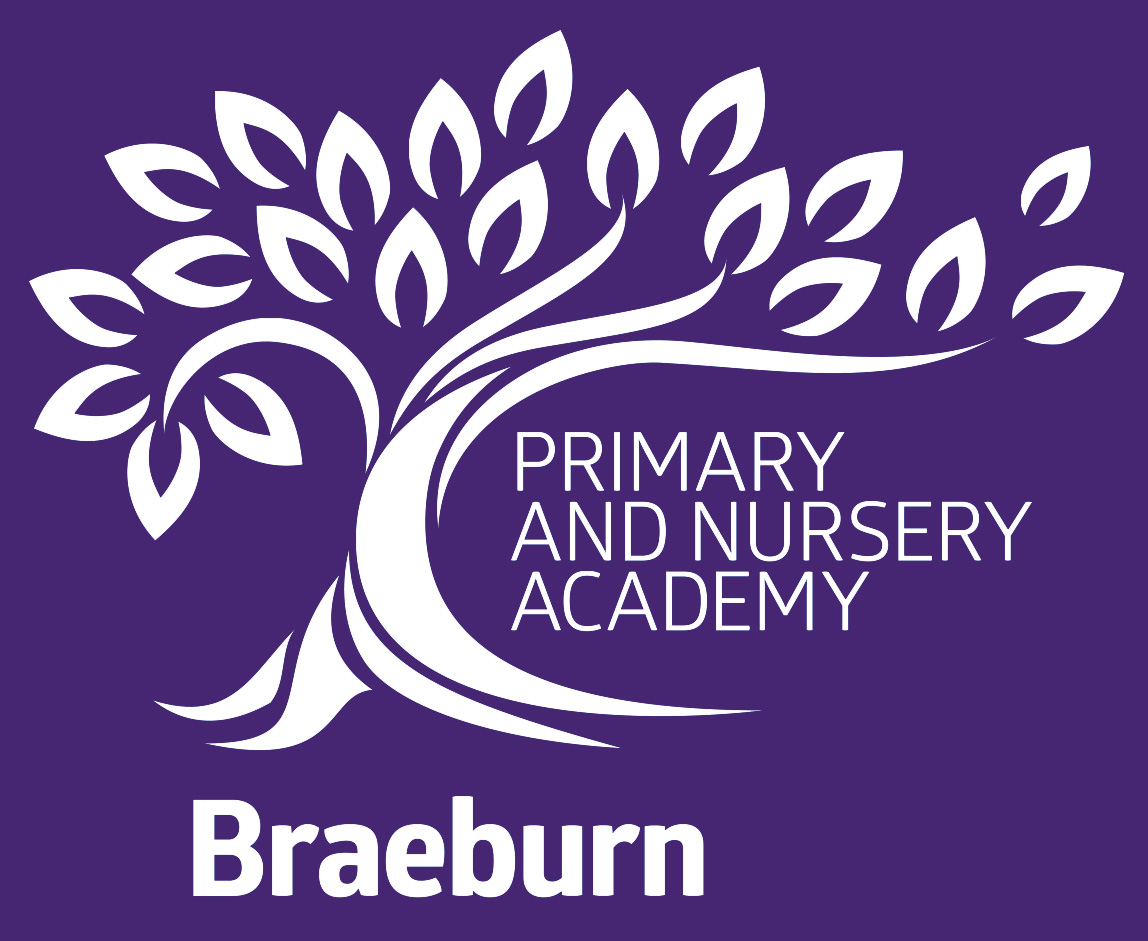At Braeburn, we use Restorative Practice approaches to improve behaviour in a consistent way in order to help support the children’s education. Through working restoratively, relationships are stronger and learning is more effective.
There are five principles that underpin restorative practice at Braeburn:
To facilitate, such a process requires the ability to:
This depends on the context and on the needs of those involved. What is being restored is often something between the people involved such as:
However, something may also be restored within an individual – for example:
How will this be achieved?
At Braeburn we use various strategies to repair the relationship:
Open ended questions are used to stimulate thinking and guide discussion these include stem starters…
Pupils who find themselves on unacceptable behaviour will attend a restorative session at lunchtime and this will be in place of playtime. During this time qualitative discussions take place and children are encouraged to ‘dig deep’ and truly consider their actions and what they can do to repair the relationships that have been broken. Restorative conversations allow the teacher to demonstrate empathy, teach children how to resolve conflict, and most importantly, allow students to have a voice. It’s an opportunity for both the teacher and pupils to express their feelings about what’s going on in the classroom/playground while setting high expectations. Additionally, solution circles, check-ins and time to talk are often facilitated when problems arise. All pupils are respected and given the opportunity to contribute their thoughts and feelings to make a long lasting change. This approach fosters a sense of belonging, connection and teamwork.
Please click here to see the Restorative Practice Booklet that gives you further information about our practice.
| Cookie | Duration | Description |
|---|---|---|
| cookielawinfo-checkbox-advertisement | 1 year | Set by the GDPR Cookie Consent plugin, this cookie is used to record the user consent for the cookies in the "Advertisement" category . |
| cookielawinfo-checkbox-analytics | 11 months | This cookie is set by GDPR Cookie Consent plugin. The cookie is used to store the user consent for the cookies in the category "Analytics". |
| cookielawinfo-checkbox-functional | 11 months | The cookie is set by GDPR cookie consent to record the user consent for the cookies in the category "Functional". |
| cookielawinfo-checkbox-necessary | 11 months | This cookie is set by GDPR Cookie Consent plugin. The cookies is used to store the user consent for the cookies in the category "Necessary". |
| cookielawinfo-checkbox-others | 11 months | This cookie is set by GDPR Cookie Consent plugin. The cookie is used to store the user consent for the cookies in the category "Other. |
| cookielawinfo-checkbox-performance | 11 months | This cookie is set by GDPR Cookie Consent plugin. The cookie is used to store the user consent for the cookies in the category "Performance". |
| CookieLawInfoConsent | 1 year | Records the default button state of the corresponding category & the status of CCPA. It works only in coordination with the primary cookie. |
| DYNSRV | session | This cookie is used for load balancing purposes to decide which server to send the visitor. |
| viewed_cookie_policy | 11 months | The cookie is set by the GDPR Cookie Consent plugin and is used to store whether or not user has consented to the use of cookies. It does not store any personal data. |
| Cookie | Duration | Description |
|---|---|---|
| __cf_bm | 30 minutes | This cookie, set by Cloudflare, is used to support Cloudflare Bot Management. |
| S | 1 hour | Used by Yahoo to provide ads, content or analytics. |
| Cookie | Duration | Description |
|---|---|---|
| CONSENT | 2 years | YouTube sets this cookie via embedded youtube-videos and registers anonymous statistical data. |
| Cookie | Duration | Description |
|---|---|---|
| NID | 6 months | NID cookie, set by Google, is used for advertising purposes; to limit the number of times the user sees an ad, to mute unwanted ads, and to measure the effectiveness of ads. |
| VISITOR_INFO1_LIVE | 5 months 27 days | A cookie set by YouTube to measure bandwidth that determines whether the user gets the new or old player interface. |
| YSC | session | YSC cookie is set by Youtube and is used to track the views of embedded videos on Youtube pages. |
| yt-remote-connected-devices | never | YouTube sets this cookie to store the video preferences of the user using embedded YouTube video. |
| yt-remote-device-id | never | YouTube sets this cookie to store the video preferences of the user using embedded YouTube video. |
| yt.innertube::nextId | never | This cookie, set by YouTube, registers a unique ID to store data on what videos from YouTube the user has seen. |
| yt.innertube::requests | never | This cookie, set by YouTube, registers a unique ID to store data on what videos from YouTube the user has seen. |
| Cookie | Duration | Description |
|---|---|---|
| COMPASS | 1 hour | No description |
| incap_ses_801_705104 | session | No description |
| visid_incap_705104 | 1 year | No description |

